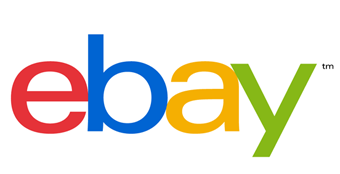
eBay has a new logo, and it’s less interesting than Microsoft’s
I understand companies need to refresh their identities from time to time. I have no problem with that. But I don’t get why any firm would want to swap a recognizable logo for a worse alternative. Microsoft did it last month, and now eBay has decided to follow suit and replace its jumbled multi-colored logo for a straighter, thinner version.
The new design, which is going to start appearing across the site this fall, is apparently intended to "reflect a dynamic future", but mostly succeeds in being blander, and more Google-like. And it’s possible that some people might not even notice it’s changed since the colors remain the same.
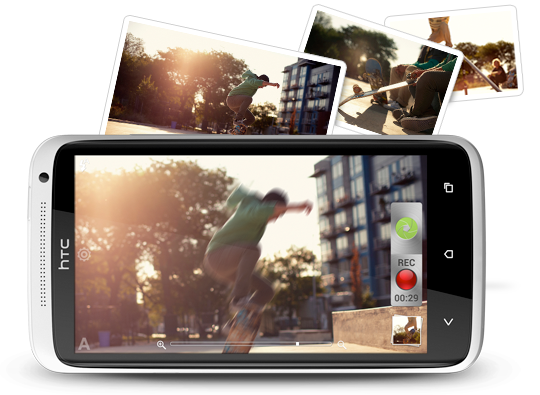
If HTC customer satisfaction is so high, why are smartphone sales so low?
That's my question after scanning a survey JDPower and Associates released yesterday. The firm ranks customer satisfaction on a scale of one to 1,000. For the eighth consecutive survey, Apple is tops with a score of 849. But HTC is second, at 790, which has me scratching my head trying to put two and two together and getting three. Perhaps my math should be similar for Apple, since Samsung, which scored 782, sells more smartphones than any other manufacturer -- that's here and abroad.
My point: High customer satisfaction doesn't necessarily equate to big sales. There are many other factors to consider, particularly subsidized products like smartphones. Among them: Carrier contracts and pricing; device promotions; on-shelf experience in stores; handset look and feel; color choices; cases and other add-on options; carrier availability (no iPhone at T-Mobile USA, for example) and advertising, which Samsung does much more of than HTC -- or that's my observation. None of these reasons considers features, which aren't that different phone to phone as they used to be.

Microsoft's new logo doesn't tell the whole story
Last week, I asserted that "Microsoft's new logo is branding fail". Seventy comments later, there is fierce debate among readers. But a branding expert's response catches my interest most of all.
"This is clearly a company who is afraid to take a big step forward -- be bold and innovative", Jason Cieslak, Siegel+Gale managing director, tells BetaNews. "The mark is fresher and more contemporary, yet at the same time, conservative and a bit dull".

Microsoft's new logo is branding fail
Would someone please call the branding police and have them arrest Microsoft's entire executive team. The charge: Indecent logo.
Today the software giant introduced its first major corporate logo change in about a quarter century. I'm all for a brave new look, except there's little brave or memorable about this one. Apple should call a holiday and give out champagne to celebrate. This is one big branding frak up.
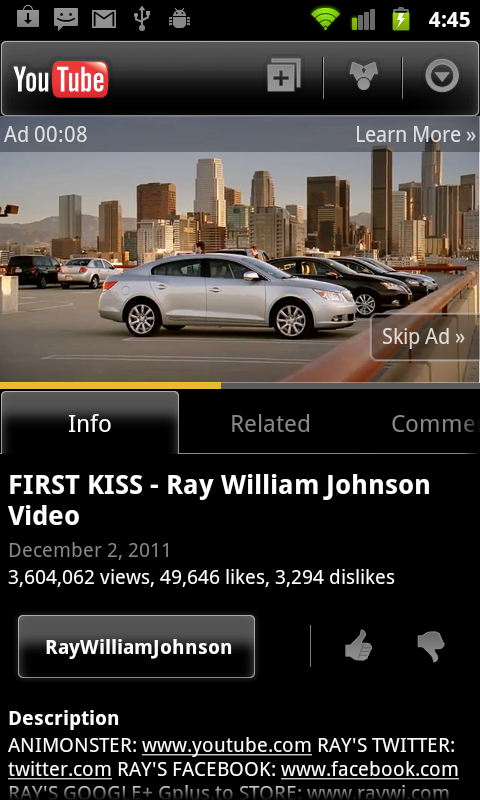
YouTube brings TrueView mobile ads
To monetize the ever increasing mobile traffic from smartphones and tablets, YouTube has announced the launch of TrueView in-stream video ads for mobile devices. YouTube content creators can now increase their revenues based on the video sharing website's mobile visits, which means that YouTube does away with an ad-free mobile viewing experience. It was bound to happen at one point or another.
In 2011 mobile traffic accounted for 20 percent of global YouTube views and its growth has been "phenomenal", according to Phil Farhi, YouTube group product manager. More than a trillion views marked 2011 for YouTube, meaning in excess of 200 billion mobile views were not monetized coming from the then 350 million mobile devices. According to YouTube, TrueView in-stream video ads are preferred to the standard video advertisements, since increased revenue can be generated from it. Responding to the announcement on YouTube one user stated that 1.3 million visits each month, accounting for 72.8 percent of his views, come from mobile devices, which is "lost" revenue.
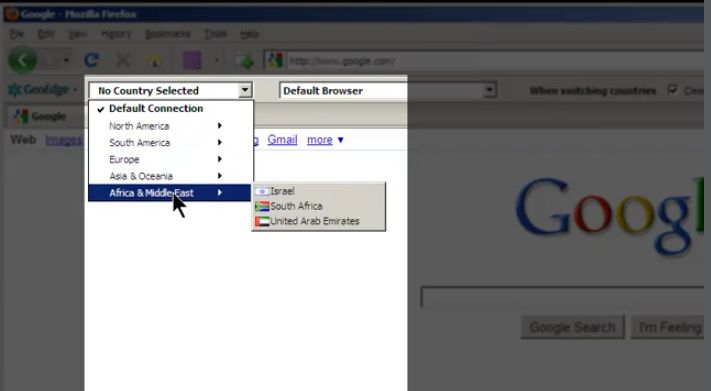
Virtualizing Nationality, and how GeoEdge suckered me into clicking
Utilizing a network of proxy servers in more than 75 countries across the globe, Rhode Island-based company GeoEdge lets SEO and SEM managers, publishers and advertisers check how their sites and advertisements appear and perform in countries other than their own. The company gives its customers the ability to analyze Web pages from multiple locations simultaneously and track the efficacy of different advertisements, giving them the data they need to create business intelligence about their advertisements.
GeoEdge Analytics captures any ad displayed on any website, everywhere in the world. With it, publishers can enforce compliance rules in other countries, and ad networks and buyers can analyze and identify international media opportunities.

Retailers may soon use tagged Facebook photos to identify you in stores
A new tech startup that produces facial recognition camera systems tied to Facebook tagged photos, plans to offer the technology to more traditional physical stores so they could offer you appropriate deals as you enter their business. That’s great for stores that want to have more targeted information about you, based on a bit of your history and likes. But what about privacy, what are the implications?
For now, you are not included in this scheme unless you opt in via Facebook to a third party service. The service would then present tailored deals to your mobile device when you enter an establishment using the technology (currently being tested in Tennessee). Facedeals, the provider, says this simply bolsters and leverages check-ins so that local businesses have more personal information, and by knowing and targeting the products they offer you based on your likes and preferences they can seem more relevant, like discounted or free drinks for using the service at a bar & grill.

Click fraudster eliminates bots, sends advertisers bogus bills
While click fraud and identity theft are probably the most common forms of larceny on the Internet, I just heard of a company that sets a whole new standard of bad, lying to advertisers about, well, everything.
Click fraud is when a website either clicks on its own ads to increase revenue, gets someone else to click on them with no intention of buying or works with botnets to generate millions of illegal clicks. I wrote a few months ago how longtime YouTubers were suffering income drops as Google algorithmically eliminated their botnet clicks. But click fraud requires a third-party ad network to work. What I am writing about here is something completely different.

Instagram is used by 40 percent of big brands, but only Audi uses it correctly
Social media analytics company Simply Measured released a study this week that illustrates the importance of brand presence on Facebook's photo-sharing social network Instagram. According to the survey, the nearly two- year old social network, with its 80 million users, has managed to attract the attention of 40 percent of the top 100 global brands.
Instagram’s adoption accounts for 40 percent of the Interbrand 100, which is actually the lowest in the study, but it has the most impressive adoption rate, when considering the background of the company. Instagram is currently owned by Facebook, through a $1 billion deal announced 4 months ago. The reason why a billion dollars was significant was because Instagram only had a dozen or so employees, and hadn’t generated any revenue.

Promodity's marketing campaign management service for small businesses goes free
Still reeling from the $1.5 million in funding it secured in July, Israeli startup Promodity on Friday announced its advertising campaign management platform for small businesses will now be free.
One of the main goals of Promodity's service is optimizing conversion rates, which is more or less the Golden Goose of Web marketing. The conversion rate, in short, is the ratio of people simply browsing to people actively buying. Of course, "buying" isn't always the goal for marketers, sometimes getting a website viewer to become a member is the goal, sometimes getting them to download an app or piece of software is the goal.
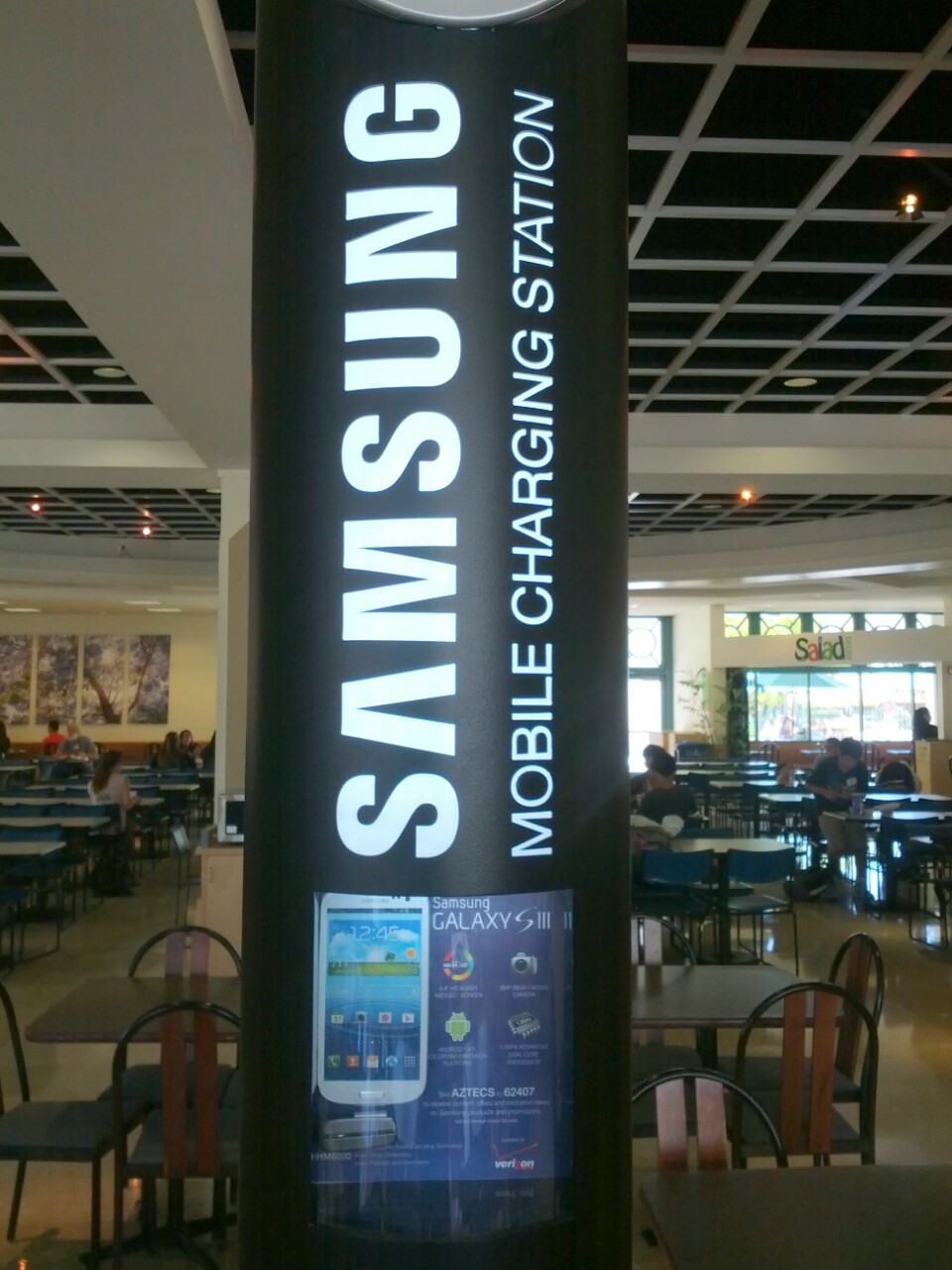
Samsung charges up Galaxy smartphone marketing
I'm out of the office today attending Freshman orientation with my daughter. We were at San Diego State University for day-long lectures a month ago, but I saw something today either missed before or that is new (I'm convinced it's the latter). The East Commons has two Samsung charging stations that promote Galaxy S II and S3. It's simply brilliant marketing.
Think about it. Education is considered to be an Apple stronghold; some of that is reality, some perception. Two days ago, Apple CFO Peter Oppenheimer said about fiscal Q3: "We achieved all time record Mac sales to US education institutions during the quarter. We sold more than twice as many iPads as Macs to US education institutions. We are extremely pleased with these results".
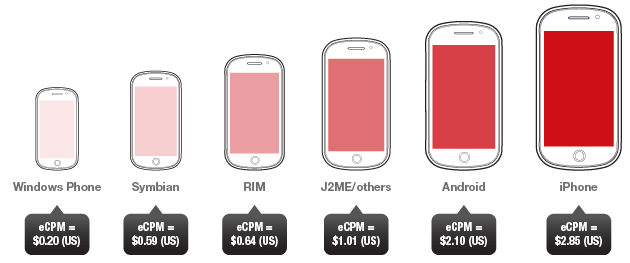
iOS is more profitable ad platform than Android, but for how long?
Ad network reports about mobile platforms are a dime a dozen. Many boast about iOS presence and the oodles of eyeballs. Opera has joined in, releasing their first State of Mobile Advertising report, which, for the second quarter of 2012, focuses on mobile advertising revenues. The browser maker puts all the big players -- Android, iOS, BlackBerry, Symbian and Windows Phone -- under the microscope.
Like other ad network reports, Opera's puts iOS at the top of the revenue food chain, with an average eCPM (effective cost per thousand impressions) of $2.85. iOS' main rival, Android, follows, with average eCPM of $2.10. On the tablets, iOS is even more profitable than on the smartphone market, with a $3.96 eCPM.

Microsoft ad and search biz is a $6.2B failure
Worthless. That's the description that best describes Microsoft's ambitious aQuantive acquisition, announced in May 2007. Today, after the market closed, the software giant announced a "non-tax-deductible income statement charge" of $6.2 billion booked last year. Fiscal 2012 closed June 30, so the timing has a deliberateness.
Microsoft probably should have told everyone before the quarter's close. Doing so today, during a big holiday week (Fourth of the July), mitigates the negative news. Lots of people are on vacation.
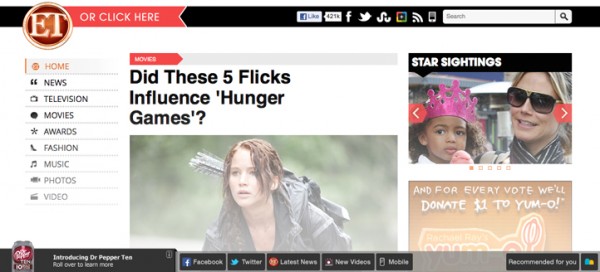
Meebo merger will create ad space for Google+
Do you use Meebo? Will you switch to Google+? Think hard before you answer, because Google is buying Meebo, the companies disclosed late today. The Meebo team, and presumably technology, will move to Google+, just as the social network's year anniversary approaches. (Whoa, has it been that long already?)
I remember Meebo, which launched in 2005, for its socially-oriented messaging client, which didn't stick to my online habits. More recently the company is better known for the Meebo Bar, which adorns tens of thousands of websites. I signed up two years ago and quickly gave it up. Meebo isn't alone producing this kind of website shtick, and I can only hope Google doesn't make Plus negative by adopting any similar menu bar motif.
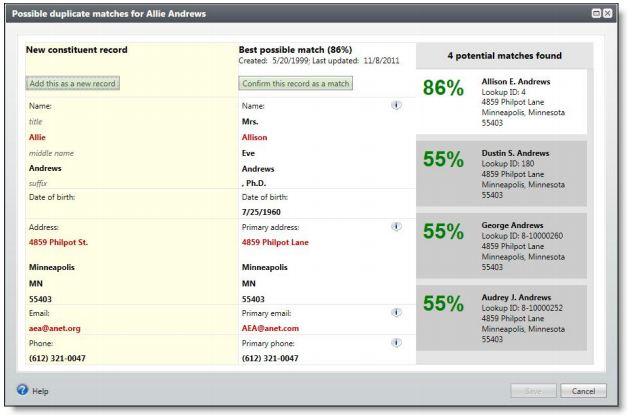
Blackbaud CRM for nonprofits gets major feature upgrade, Web interface
Catering to the special marketing needs of nonprofit organizations, Blackbaud Inc. on Thursday released a new version of its Blackbaud CRM software which expands the software's functionality with a new browser-based dashboard, new fundraising and membership management functionality, and improved overall data management.
The major addition to Blackbaud CRM 2.93 is its Web dashboard. Previously, the software was only available as a Windows application, but now it can be accessed through Internet Explorer, Firefox, Chrome, Safari, Opera, Safari for iOS, and Android. The dashboard features a new, streamlined user interface and new batch commit functionality.
